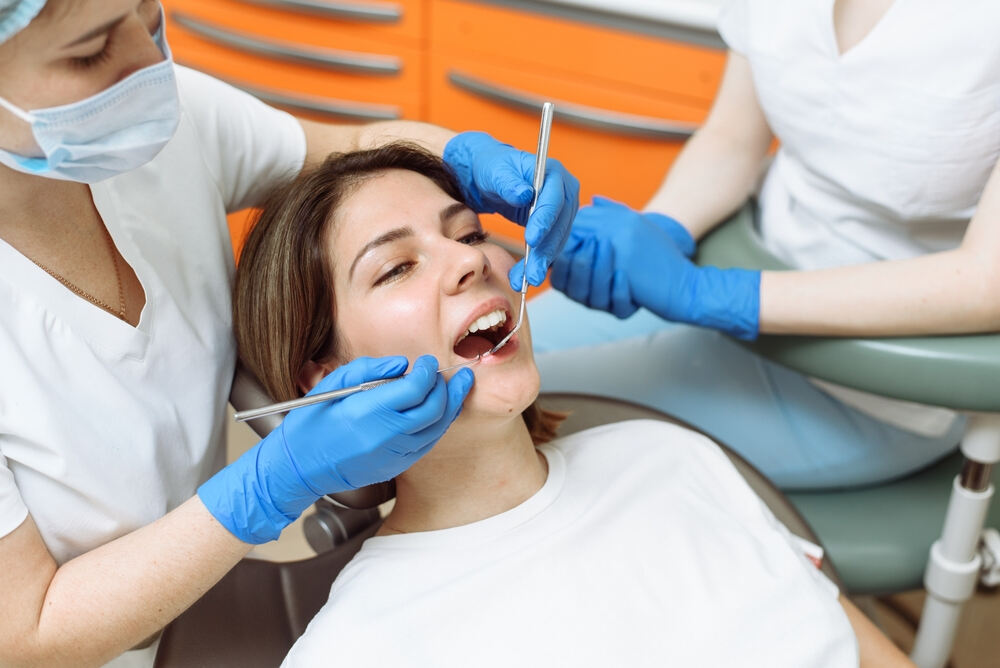Various types of sores, bumps, and growth are developed inside or on your mouth. Some are painful, some are hardly visible, and some are a sign of something serious. If the sores or bumps inside your mouth do not heal within ten days, it may be a sign of mucocele. Wondering what mucocele is? In this article, we will take you through everything you need to know about mucocele. This information also includes where you can get mucocele treatment near you. So let’s get straight to it
What is Mucocele?
Mucocele or a mucous cyst is a fluid-filled bump on the tongue, lips or the roof and floor of your mouth. These cysts are a result of when the salivary glands come in contact with mucus. These bumps occur anywhere inside the mouth, but in most cases, they occur near the lower lip. Though such an oral condition is usually painless and temporary, it causes a problem while speaking, chewing or swallowing. If not treated soon enough they might be a permanent oral issue.
How is Mucocele Caused?
Mucocele is caused due to trauma to the oral cavity. Trauma can be caused due to accidental biting, or an injury caused by a blow by a blunt object. The risk of mucocele is higher in case you have poor oral hygiene, a habit of biting your lips or cheek or reaction of tartar control toothpaste.
Saliva is produced by tiny ducts in your mouth. One of these ducts may get blocked due to the habit of repeatedly biting or sucking your lips or when you get hit on your face. When the ducts get damaged, mucus seeps out, resulting in the formation of a cyst.
What Are the Signs and Symptoms Of Mucocele?
These cysts can be caused anywhere inside your mouth. The roof, under the tongue, on the lower lip or your gums is where mucoceles are likely to occur. The ones that occur on the roof of your mouth are called as ranulas and are larger in shape. Though they rarely occur, when they do, they cause a problem while speaking, swallowing or chewing. Cysts that occur near the surface of the skin have raised swellings and are blue. On the other hand, those that occur under the skin are round in shape and white.
How Can Mucocele Be Treated?
Mucocele does not require any treatment and go away after some time. But in some cases, they persist and become painful over time. If you come across such a situation where the cyst has enlarged and is painful, do not try to treat them by yourself. Consult our dentist or a doctor immediately before it becomes worse. Our professional dentist North Edmonton in might remove the gland or help in the formation of a new duct (marsupialization).
For more information about mucocele treatment, get in touch with us at Beverly Heights Dental.

